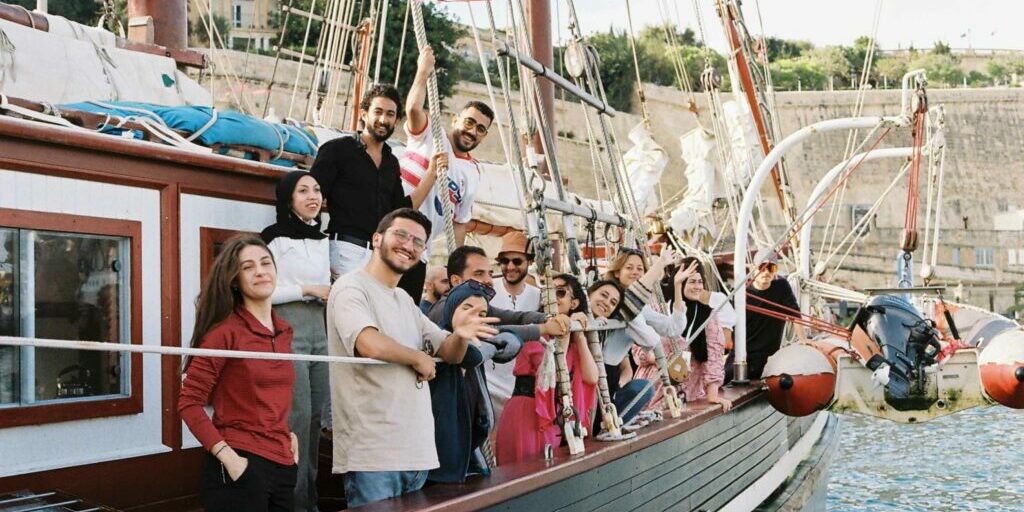Bel Espoir (Beautiful Hope), a “training ship for peace” sailing the Mediterranean, will be in Cyprus from June 6 to 9 as part of the interreligious and intercultural initiative MED25 Odyssey-Bel Espoir, following an appeal made by the late Pope Francis, it was announced on Tuesday.
The organisers explained that the appeal was made at the Mediterranean Meetings in Marseille for unity, understanding and reconciliation in a region rich in culture but deeply wounded by division.
Following the appeal, 200 young people from 25 countries embarked on a unique sea voyage in pursuit of peace, the organisers said.
The journey, which will continue until October, was officially launched at the Vatican in February 2025 and received the pope’s blessing.
Over the course of seven months, Bel Espoir will visit around 30 ports across five Mediterranean shores – North Africa, the Middle East, the Black Sea and Aegean, the Balkans and Europe – including a key stop in Cyprus.
While in Cyprus, the participants will engage in local activities with youth organisations, community and religious leaders and representatives in Nicosia and Larnaca, focusing on dialogue and peacebuilding and the shared challenges and opportunities across the Mediterranean.
Cultural exchanges and public events will also take place, “highlighting Cyprus’ vital role as a bridge between Europe, the Middle East, Asia and North Africa”.
So far, the ship has visited Barcelona, Morocco, Sicily, Tunisia, Malta and Crete, and, after Cyprus, it will continue to destinations such as Lebanon, Turkey and Greece.
The participants, representing different nationalities, religions and cultural backgrounds, set sail in March 2025 aboard the historic three-masted ship Bel Espoir.
“This initiative is not merely a symbolic voyage. It is a floating laboratory of dialogue and peace, a moving symbol of cooperation and unity among Mediterranean people”, the organisers said.
They added that “we refuse to let the Mediterranean become either a battlefield or a graveyard”.
The 200 participants, divided into eight groups of 25, live, work and learn together aboard the ship.
At each port of call, they collaborate with local communities and organisations, fostering intercultural dialogue and social cohesion. Workshops are held on key topics, such as interfaith dialogue, human rights, environmental justice and migration.







Click here to change your cookie preferences